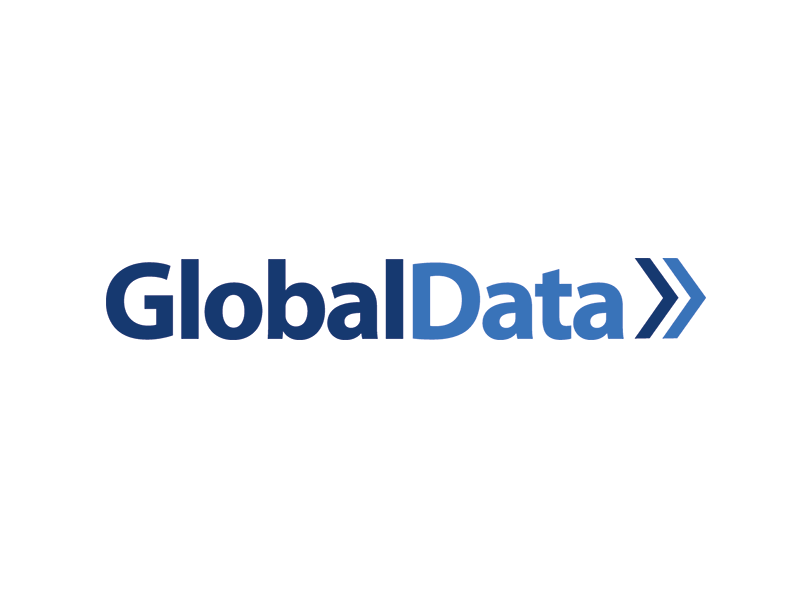
The pharmaceutical market in Israel is projected to grow from $1.75bn in 2015 to $2.12bn by 2020, at a compound annual growth rate (CAGR) of 3.9%, says a report by GlobalData.
Titled: ‘CountryFocus: Healthcare, Regulatory and Reimbursement Landscape – Israel’, the report highlights the technological advances and research and development (R&D) expenditure in the field of science and technology in Israel.

Discover B2B Marketing That Performs
Combine business intelligence and editorial excellence to reach engaged professionals across 36 leading media platforms.
The Israeli pharmaceutical market is strongly supported by a network of academic and research institutes, R&D facilities and well-developed medical centres. Clinical advances and strong research activities in the country have led to the development of a number of blockbuster drugs for treating cancer, multiple sclerosis and Alzheimer’s disease.
Despite being a developed country, Israel’s economy is heavily burdened by the armed conflict with neighbouring Arab countries and immigration. The country, however, boasts a strong agricultural sector, service sector and high-tech sector, which fosters the growth of the pharmaceutical sector.
Technological advancements in the sector have helped aid its growth, including the national health information exchange programme launched in 2014 by the Ministry of Health, which enables sharing of clinical patient data across all general hospitals.
In addition, the regions of Clalit and Maccabi provide video conferencing services for patients. Maccabi has also launched a project aimed at addressing the needs of chronically ill patients.

US Tariffs are shifting - will you react or anticipate?
Don’t let policy changes catch you off guard. Stay proactive with real-time data and expert analysis.
By GlobalDataThe use of generic drugs is another contributing factor for the growth of the sector. Generic drugs account for 15%-20% of the sales in Israel, which helps in saving $500m a year.
The country is also home to some of the world’s leading generic drug makers such as Teva, which produces and markets a range of generic and branded pharmaceuticals and biogenerics.




